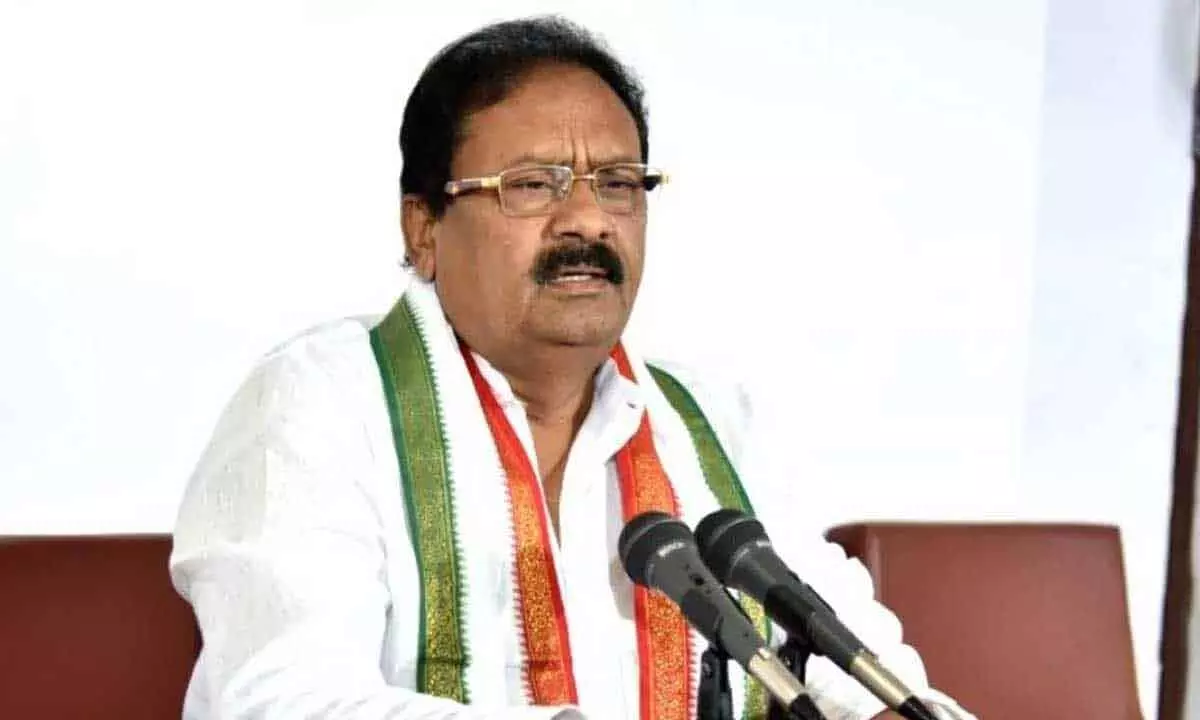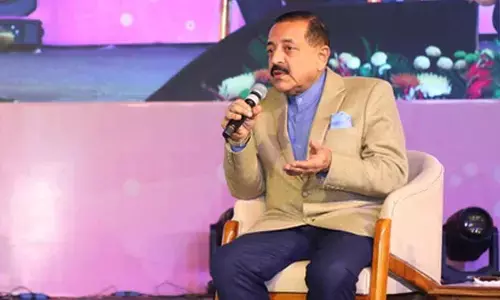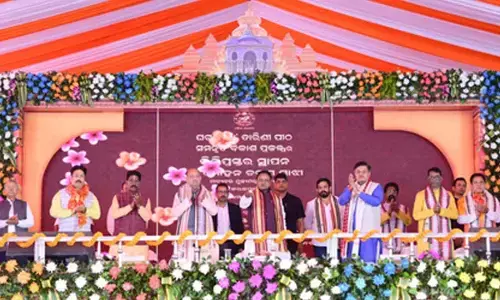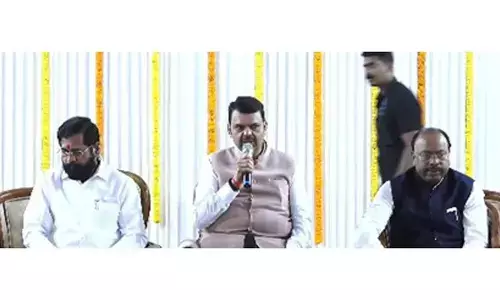Extend support to revive Urdu journalism, Shabbir pleads with Telangana government

Despite the rich 200-year history of Urdu journalism in India with the first Urdu newspaper Jam-e-Jahan Numa, published on March 27, 1822, from Calcutta, the former minister highlighted the significant decrease in Urdu newspapers' readership
Hyderabad: Congress senior leader and former minister Mohammed Ali Shabbir on Sunday strongly pleaded with the government to extend full support in reviving Urdu journalism in India.
Addressing the 1st National Conference of Telangana Urdu Working Journalists Federation (TUWJF) at the Khaja Mansion here, Shabbir Ali shared his concerns about the declining number of Urdu readers in India, particularly in Telangana. Despite the rich 200-year history of Urdu journalism in India with the first Urdu newspaper Jam-e-Jahan Numa, published on March 27, 1822, from Calcutta, the former minister highlighted the significant decrease in Urdu newspapers' readership. He said this can primarily be attributed to the lack of sufficient government support.
Shabbir Ali pointed out that the prosperity of Urdu journalism, like any language journalism, is directly proportional to its readers. As such, increasing the Urdu readership at the grassroots level should be a priority. He highlighted that although Urdu was declared the second official language in Telangana in 2017, its implementation has been lackluster, particularly in education. He noted that over 4,000 primary schools, including several Urdu medium institutions, have been shut down in Telangana since 2014.
The Urdu Academy's role, he argued, needs to be more significant than merely printing textbooks. Promotion of the Urdu language should be prioritized, and financial resources should be allocated for this purpose. According to Shabbir Ali, Urdu cannot be preserved merely through Mushairas or awards, it needs to reach every household and be taught to every child.
Highlighting the demographics, Shabbir Ali stated that the Urdu-speaking population in Telangana, with a total population of nearly 3.5 crore, has increased to 12.69%. However, the actual number of these who can read and write Urdu is uncertain but seemingly low, inferred from the daily sales of all Urdu newspapers combined, which does not exceed 1 lakh copies. This implies only 0.225% of the Urdu-speaking population is buying the newspaper. He advised the Federation to start awards in the name of Urdu veterans like Abid Ali Khan, Mahboob Hussain Jigar, Khan Lateef Khan, Syed Viqaruddin and others. He said lectures, talks, quiz competitions should also be held in Urdu language.
Reflecting on the conference's impressive turnout, Shabbir Ali found hope for the Urdu language, witnessing Urdu journalists not just from Telangana, but also from Karnataka, Maharashtra, and other States. There has also been growing attempts to rename cities, altering the historical and cultural identity associated with them. He said that change in NCERT syllabus was a proof that the RSS was trying to infuse its ideology into the education sector. He also condemned the move to remove a chapter on esteemed Urdu poet Allama Iqbal, the author of 'Saare Jahan Se Acha', from the syllabus of Delhi University.
Highlighting the benefits of the 4% Muslim reservation introduced by the previous Congress Government in 2004-05, he informed that nearly 20 lakh impoverished families have gained educational, economic, and social empowerment as a result. The Fee Reimbursement scheme, he mentioned, ensured that underprivileged minorities could access higher education.
The conference was also attended by Hyderabad DCC President Sameer Waliullah, who runs the INN Channel. Waliullah described the national conference as historic and lauded the efforts of TUWJF President MA Majid and others in advocating for the rights of Urdu journalists. TUWJF president MA Majid praised Shabbir Ali for his support to Urdu journalism and community throughout his entire political career.

















